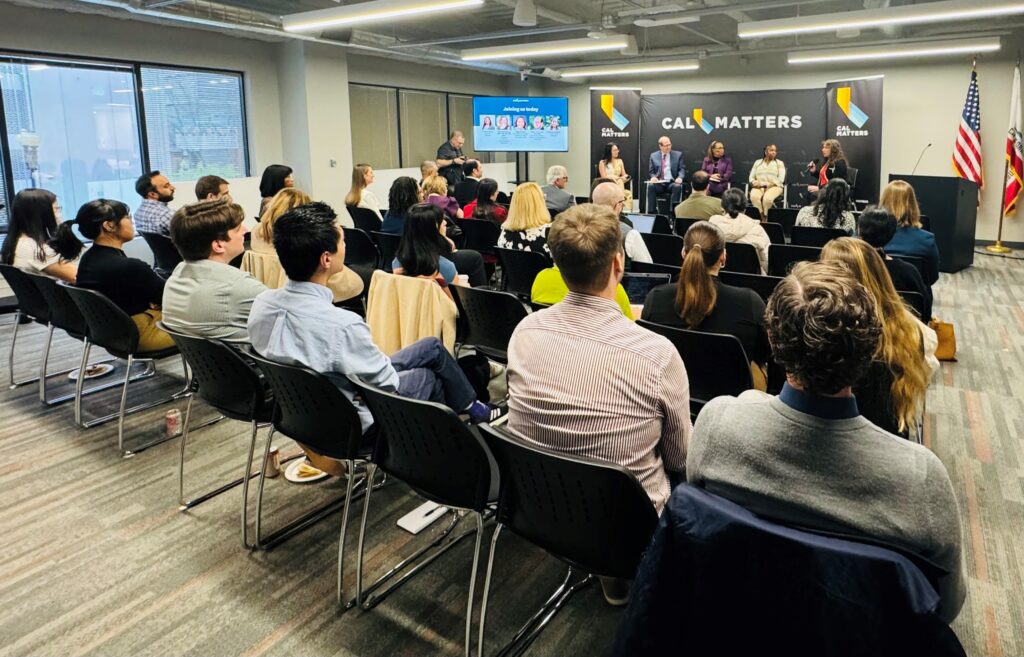What’s happening: The closure of labor and delivery units in California hospitals was the focus of a recent panel discussion sponsored by the nonprofit news organization CalMatters. Peggy Wheeler, CHA vice president, policy, appeared on the panel.
What else to know: The discussion “No Deliveries: When Maternity Wards Close, Where Do Patients Go?” focused on the pace and impact of maternity unit closures and efforts to protect access. Wheeler shared the reasons underlying these closures, including low birth rates, workforce challenges, and insufficient Medi-Cal reimbursement rates.

Over the past decade, 46 hospitals have closed their obstetric units in California, with nearly a dozen in 2023 alone. During the discussion, Wheeler noted, “When we talk about delivering babies, it becomes a very emotional conversation,” before laying out the reasons for closures, which include:
- Low birth rates: California’s birth rate is at its lowest level in almost 100 years. Clinical evidence has shown that hospitals that perform higher numbers of deliveries have better outcomes for both moms and babies.
- Workforce challenges: Rural hospitals are currently experiencing a shortage in obstetrics staff. The entire state is projected to have a shortage of more than 1,100 obstetricians by 2030.
- Medi-Cal reimbursement rates: Labor and delivery units are often the second-most expensive departments for hospitals to run behind emergency departments, which also require 24-hour staff. Obstetric units must be ready to take care of a patient 24 hours a day with highly trained clinical staff, specialized equipment, and dedicated space for labor and delivery. At the same time, Medi-Cal plans’ reimbursement rates are typically five times less than commercial plans, which is not sustainable for hospitals.
Other panelists included: Robert Moore, MD, MPH, MBA, chief medical officer of Partnership HealthPlan of California, Paris Maloof-Bury, president of the California Nurse-Midwives Association, and Kimberly Robinson, community liaison and leader with Black Women for Wellness.